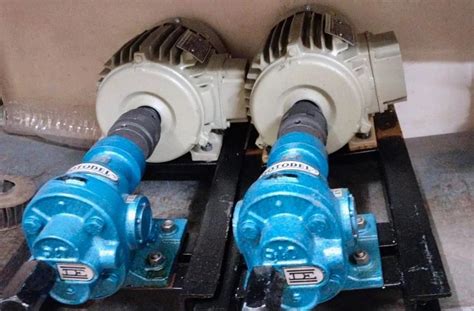The Octane Conundrum: Understanding Premium vs. Regular
The choice at the fuel pump often presents a perplexing dilemma: should you opt for the higher-priced premium gasoline, believing it will boost your car’s performance or clean its engine, or stick with the standard regular octane fuel? For many drivers, the allure of ‘premium’ suggests superior quality, leading to a common misconception that spending more means better care for their vehicle. However, the reality is far more nuanced and, for the vast majority of cars on the road, the answer to this question lies firmly in the wallet-draining category rather than real engine benefits.
Demystifying Octane: More Than Just “Better” Fuel
To understand the difference between regular and premium, we first need to understand what an octane rating signifies. Octane is not a measure of fuel purity or energy content; instead, it indicates a fuel’s resistance to pre-ignition, also known as “knocking” or “pinging.” Knocking occurs when the air-fuel mixture in the engine’s cylinders combusts prematurely and spontaneously, rather than being ignited by the spark plug at the precise moment. This uncontrolled combustion can lead to reduced efficiency and, over time, engine damage.
Higher octane fuels (like 91 or 93) are more resistant to this premature ignition than lower octane fuels (like 87). Engines designed for higher compression ratios or those with forced induction (turbochargers or superchargers) generate more heat and pressure, making them more susceptible to knocking. These engines *require* higher octane fuel to operate efficiently and without damage.

Your Engine’s True Needs: When Premium is Essential (or Not)
The crucial factor in deciding which fuel to use is your car’s engine design and the manufacturer’s recommendations. This information is always found in your vehicle’s owner’s manual and often on the inside of the fuel filler door.
- Engines That Require Premium: High-performance vehicles, sports cars, and many luxury models often have sophisticated engines with high compression ratios or turbochargers/superchargers. These engines are specifically tuned to take advantage of premium fuel’s knock resistance. Using regular gas in these cars can lead to the engine’s computer retarding ignition timing to prevent knocking, resulting in reduced horsepower, lower fuel economy, and potential long-term stress on engine components.
- Engines Designed for Regular: The vast majority of passenger vehicles on the road today are engineered to run optimally on regular 87 octane gasoline. Their engines simply do not have the high compression or forced induction that would necessitate a higher octane rating. For these vehicles, pouring in premium fuel offers no additional power, no better fuel economy, and no extended engine life.

The Premium Gas Myth Busting
Several persistent myths surround premium gasoline that lead drivers to unnecessarily spend more money:
- Myth: Premium gas gives my car more power. Reality: For cars designed for regular fuel, premium gas will not increase horsepower. The engine’s computer is not programmed to advance timing beyond what 87 octane allows.
- Myth: Premium gas improves fuel economy. Reality: There is no scientific evidence or industry data to suggest that premium fuel will improve your car’s miles per gallon if it’s designed for regular gas.
- Myth: Premium gas cleans my engine better. Reality: All gasoline sold in the U.S. contains detergents to prevent engine deposits, as mandated by the EPA. While some brands (known as “Top Tier” fuels) may add higher concentrations of proprietary detergents, this benefit applies to all grades they sell, including regular. The cleaning benefits are not tied to the octane rating itself.

The Cost Equation: Is the Extra Expense Justified?
The financial impact of choosing premium fuel when it’s not required can be substantial. Premium gas typically costs anywhere from $0.20 to $0.70 more per gallon than regular. For a driver who fills up a 15-gallon tank once a week, this translates to an extra $3 to $10.50 per week, or roughly $156 to $546 over a year – money spent with absolutely no tangible return in performance, efficiency, or engine health.
Trust Your Owner’s Manual, Not Urban Legends
The most authoritative source for your car’s fuel requirements is its owner’s manual. It will clearly state whether your vehicle “requires” premium, “recommends” premium (meaning regular is acceptable but premium might offer slight, often imperceptible benefits under specific conditions), or is best suited for regular unleaded. For the vast majority of vehicles, the answer is unequivocally 87 octane regular gasoline.

The Verdict: Fueling Smart, Not Just Spending More
Ultimately, for the vast majority of drivers, premium gasoline is an unnecessary expense that offers no real engine benefits. Unless your car’s manufacturer explicitly *requires* a higher octane fuel, sticking with regular 87 octane will save you money without compromising your vehicle’s performance, fuel economy, or longevity. Fueling your vehicle wisely means understanding its specific needs, not succumbing to common misconceptions or marketing ploys.





